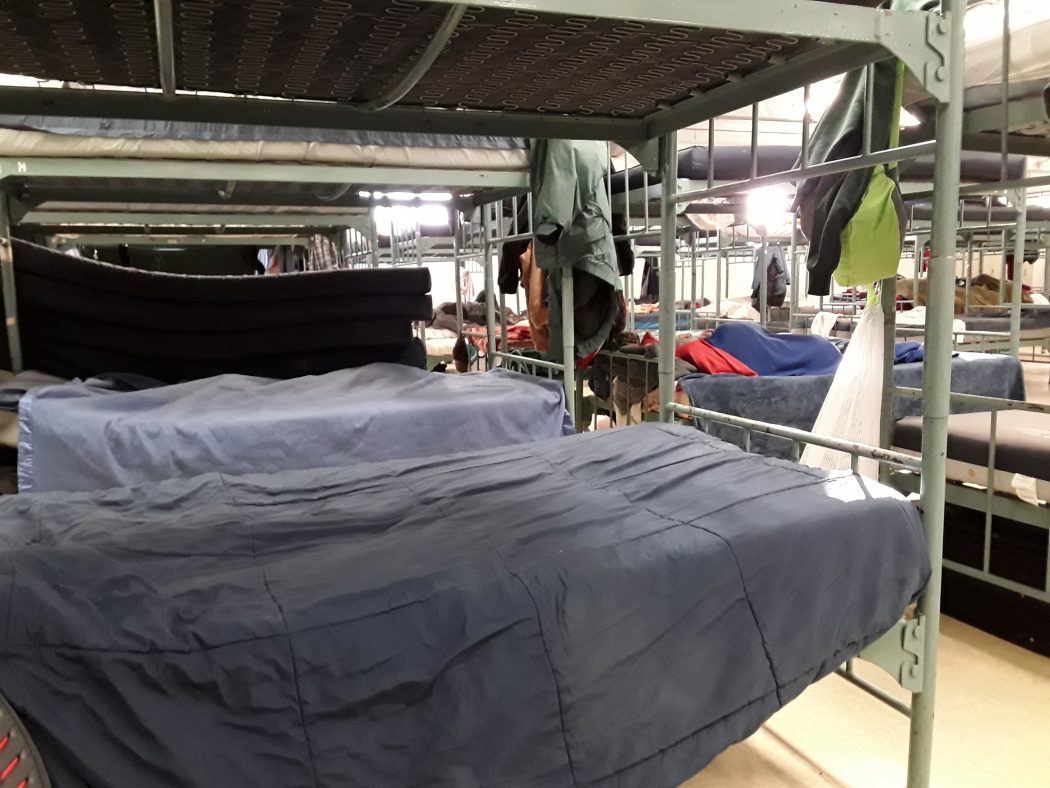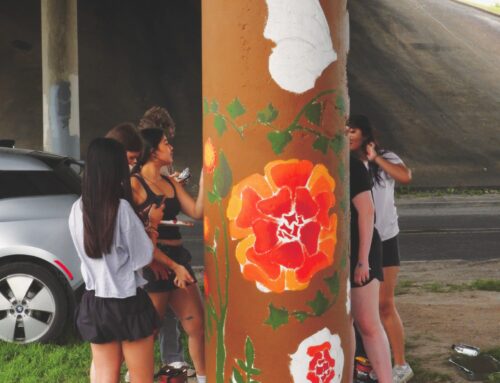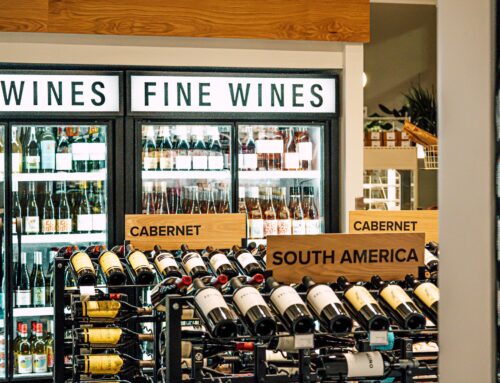
Getty Images
The city is all in a huff after the Office of Homeless Solutions proposed a policy to reduce homelessness in Dallas that would involve making some of the city’s recreation centers temporary homeless shelters. Dallas Park Board member Jesse Moreno says that Samuell-Grand Recreation Center qualified as a location, but the idea is practically dead on arrival at City Council.
In addition to numerous City Council members being strongly against the idea, Moreno highlighted numerous reasons why he thought it would be a poor plan.
He notes that the recreation centers are full of children throughout the year, and that the current staff are not trained to handle the possible medical emergencies or security concerns that may occur if those experiencing homelessness were living there. “I think it’s a horrible idea to mix a homeless population with kids who are as young as five or six years old,” he says.
In addition, the recreation centers are booked with activities from early in the morning until night, making coordinating the needs of a homeless shelter even more difficult. “Logistically it would be a nightmare,” he says.
Moreno thinks the Office of Homeless Solutions would have been better served of running this idea by the Park Board before taking it to the council, as the Park Board would need to approve the idea eventually. “I am upset and disappointed that Office of Homeless Solutions went behind our back,” he says.
“It is a horrible proposal that I am 100 percent against,” Moreno says.
But East Dallas councilman Philip Kingston noted that the recreation centers would decentralize the issue, D Magazine reports. As is the case with the affordable housing initiative in Dallas, the city is moving away from concentrated poverty, and the recreation centers would achieve that goal.
But Moreno questions whether Samuell-Grand is a good fit on those grounds, as 86 percent of the students at the adjacent Mount Auburn Elementary are considered low socio-economic status. “It’s mind-boggling to think that this area would be eligible on that basis,” he says.
The temporary shelter proposal was just one part of a four-pronged approach to reduce the homelessness in Dallas. The city counted 3,506 people experiencing homelessness this year, which is a nine percent jump from last year. That includes 1,098 unsheltered homeless who resist sleeping in shelters and would prefer to be outside for a number of reasons, including drug use and mental illness. The number of unsheltered homeless is up 24 percent from last year.
Another piece of the plan was to increase capacity of two of Dallas’ homeless shelters, adding 100 beds to Dallas Life and 50 to The Bridge near downtown Dallas. The third prong was to develop new housing for the homeless, and the fourth involved using incentives to help the homeless live in existing housing, such as paying the rent, utilities or security deposit. No decisions have been made regrading the proposal.
This wouldn’t be the first time Samuell-Grand provided to shelter to those in need, as it was briefly a shelter for those who were escaping the destruction of Hurricane Harvey last fall.





